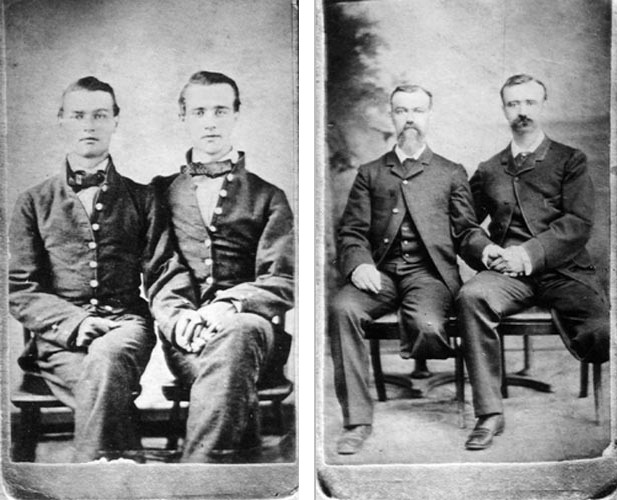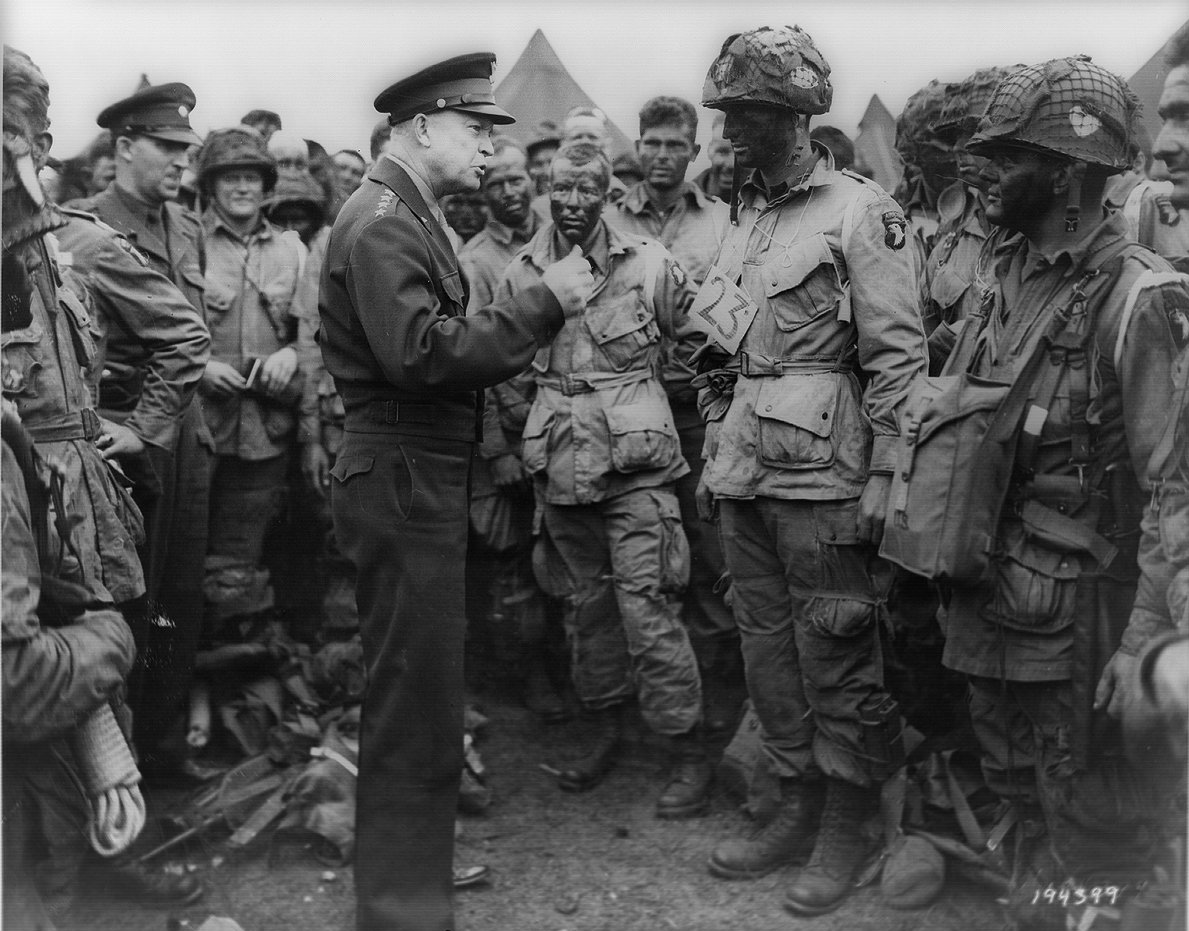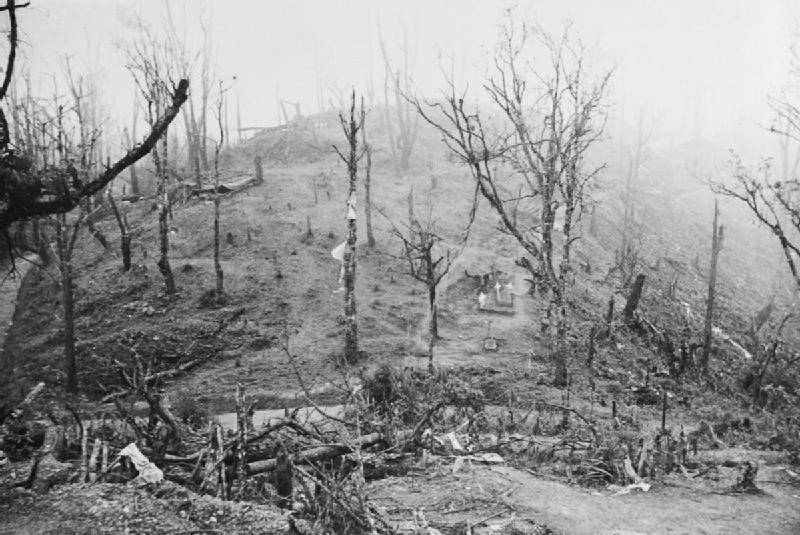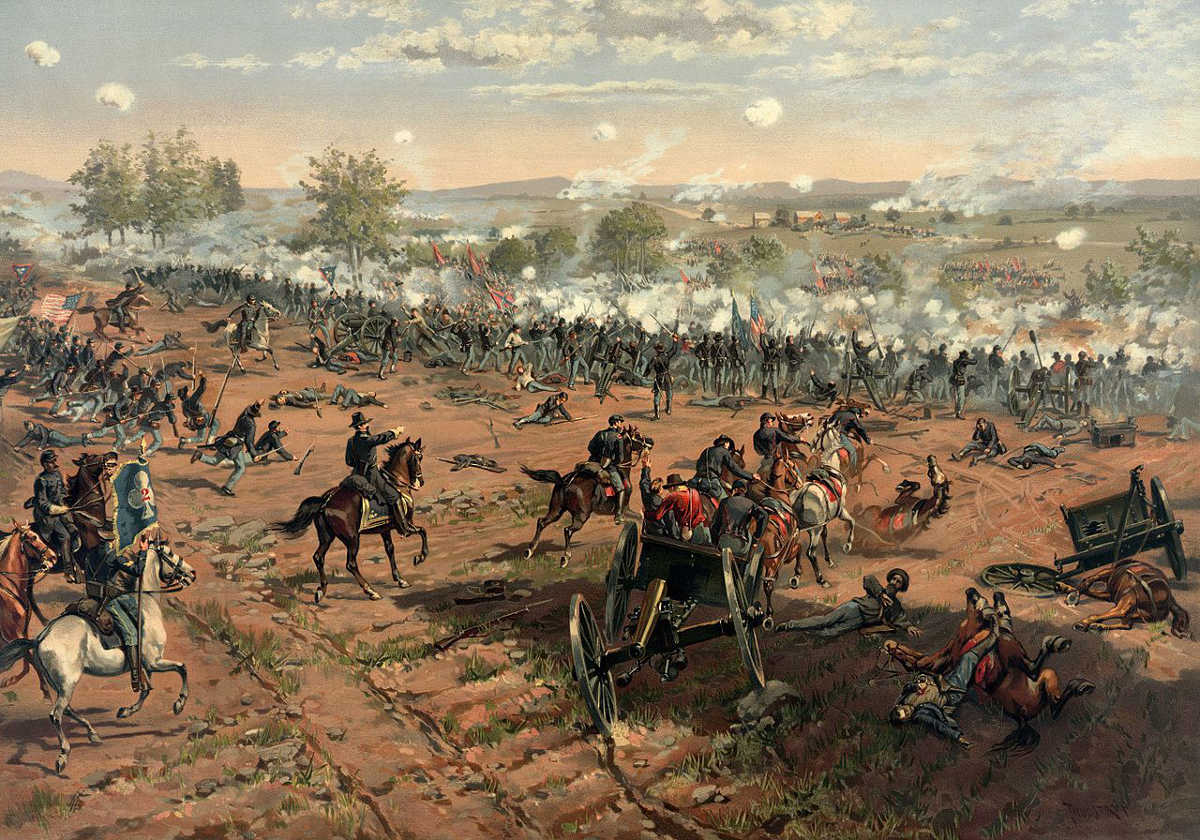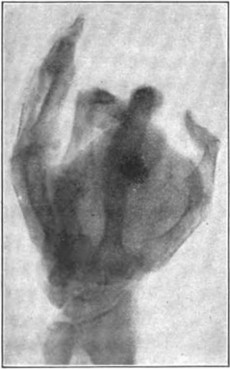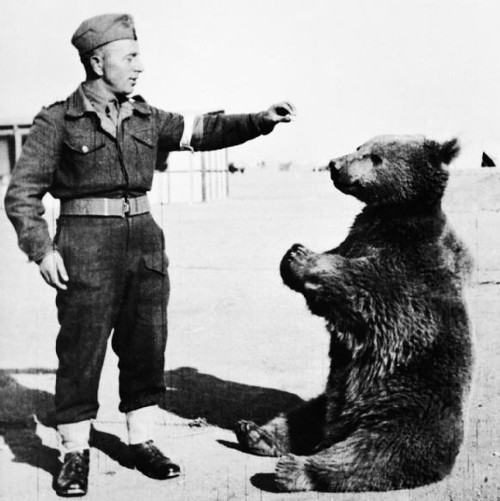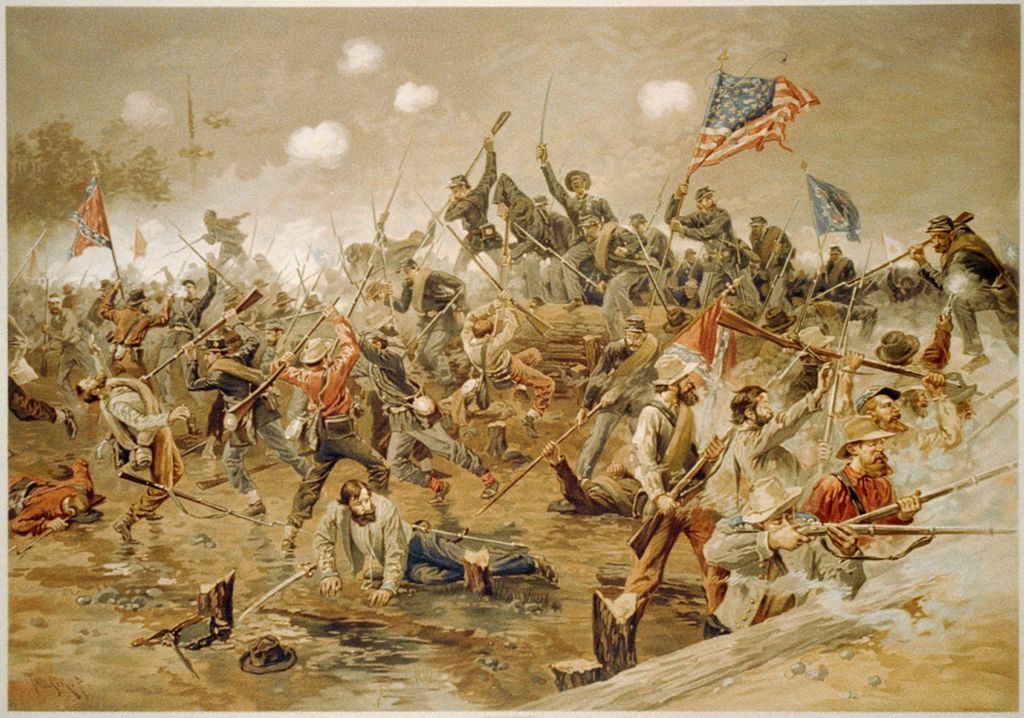
First-Sergeant Thomas Innes Woods, of Company B, was killed on May 8th [1864]. The first time that Sergeant Woods was ever known to ask permission to leave his post on march or in battle occurred this day, after the Regiment’s all-night march to reach Spottsylvania ahead of Lee. When it became evident that a battle was imminent, Sergeant Woods asked Captain H.W. Grubbs for a pass to go to the rear. On his declaring that he was not sick, he was advised by the Captain that under the circumstances he could not be excused, and Sergeant Woods resumed his post at the head of the Company. Shortly after, during a halt by the roadside, Sergeant Woods wrote in his diary the following, addressed to his friend, Sergeant James A. McMillen: ‘I am going to fall to-day. If you find my body, I desire you to bury it and mark my grave so that if my friends desire to take it home they can find it. Please read the Ninetieth Psalm at my burial.’ He was killed early in the battle. His body was found by Sergeant McMillen and others of Company B, the diary being found in his pocket. His request for the Ninetieth Psalm to be read at the grave was complied with.
— Charles F. McKenna, ed., Under the Maltese Cross, Antietam to Appomattox: The Loyal Uprising in Western Pennsylvania, 1861-1865: Campaigns 155th Pennsylvania Regiment, 1910


